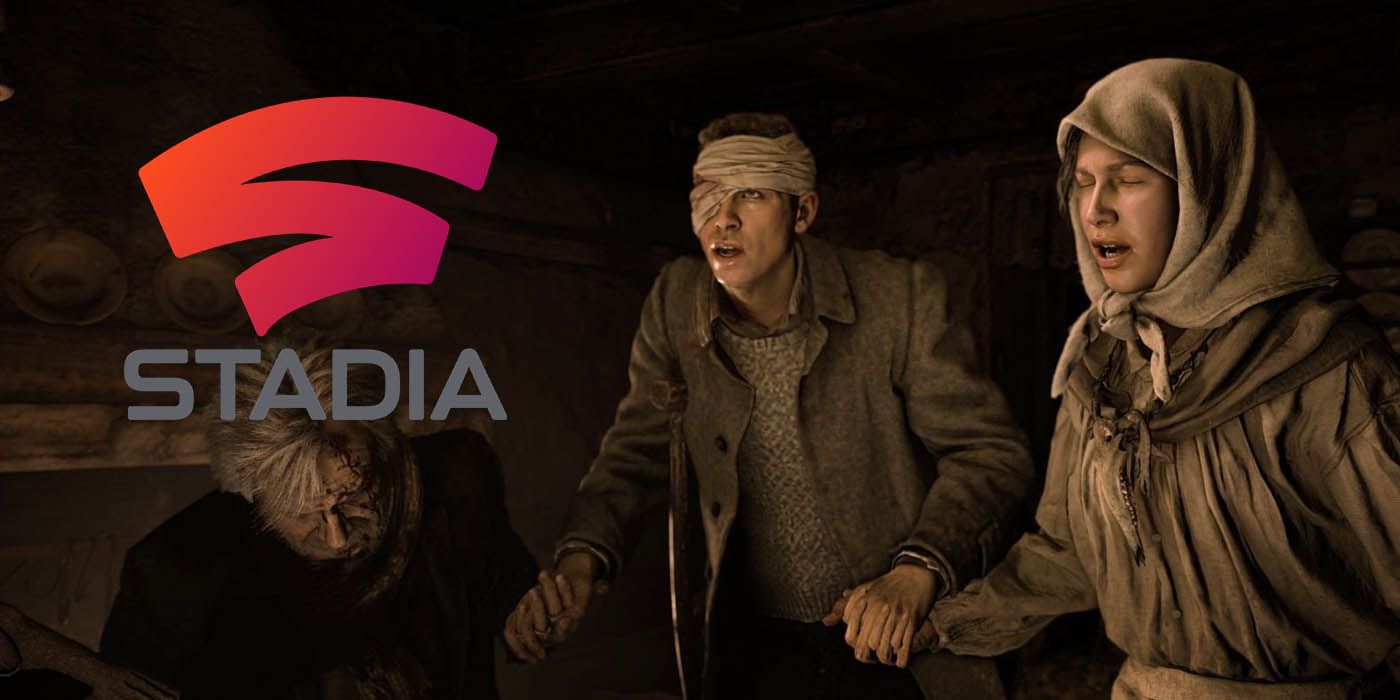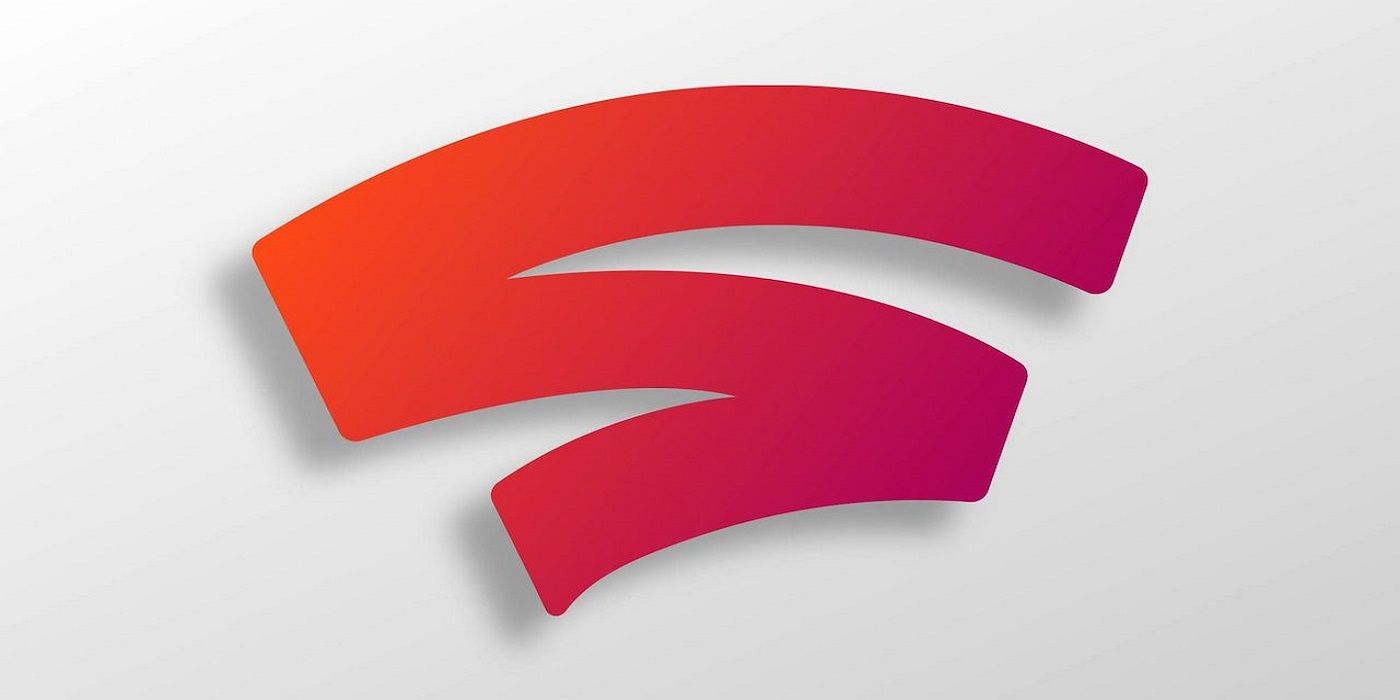
It has been over a year ever since Google released Stadia with the hopes of revolutionizing the industry by pushing it towards cloud streaming. At first, many were impressed with Google's vision for Stadia, especially with its influence in the tech industry and its deep, almost unlimited pockets. Unfortunately, it appears that Google Stadia is slowly disappearing, especially with the recent release of the PS5 and Xbox Series X.
One thing that really nailed the coffin for Stadia's success is the announcement that Google is shutting down all of its first-party studios and will instead focus its resources on becoming a cloud streaming service for third-party games. However, with Google Stadia losing the first-party games supposed to make it stand out from other platforms, why would players subscribe to Google's streaming service? Well, it appears that Google's strategy is to basically give away free hardware to incentivize players to subscribe to Stadia.
RELATED: Google Stadia Datamine Points to Touchscreen Support

Several days ago, Google and Capcom announced that Resident Evil 7 and Resident Evil Village would be coming to Stadia. However, unlike Resident Evil 7, which will be free to Stadia subscribers, players would have to pay for Resident Evil Village, priced at $60 for the standard edition and $70 for the deluxe. To incentivize players to get the Stadia version of Resident Evil Village, Google will give away the Stadia Premiere Kit to all players who will preorder the game before May 21st.
For the uninitiated, the Google Stadia Premiere Kit contains a white Stadia controller, a Chromecast Ultra, and a one-month trial subscription to Stadia's Pro-Tier service for new subscribers. On paper, this promotion seems too good to be true. However, in reality, Google is basically paying players to try out and possibly subscribe to Stadia. It is worth noting that Google introduced the same deal with Cyberpunk 2077, which shows that the company is now using the trojan horse approach by giving players an irresistible deal to convince them to try out the platform.

Whether or not Google's strategy to entice players to subscribe to Stadia will work remains to be seen. However, offering consumers insane deals to convince them to try out a product or service is standard for new entrants in the market. Although Google is Google, it still has to prove its worth in the video game industry, especially when competing against notable companies such as Sony, Microsoft, and Nintendo.
In the end, it is nice to see that Google is finally stepping down from its high pedestal by working harder to widen its market share rather than assuming that players will gladly give up whatever platform they are used to playing in. This is exactly what Google should have done right from the start, given that its concept of cloud gaming, while promising, still needs work to convince players that it is really the future of gaming.
Although it is still disappointing that Google has given up on the notion of developing first-party games, it's nice to see that the company is still trying to make Google Stadia a thing. Whether or not Google's last-ditch effort will work remains to be seen. However, one thing that is made clear with the current state of Stadia is that Google still has a lot to prove to earn its place among the giants of the video game industry.

